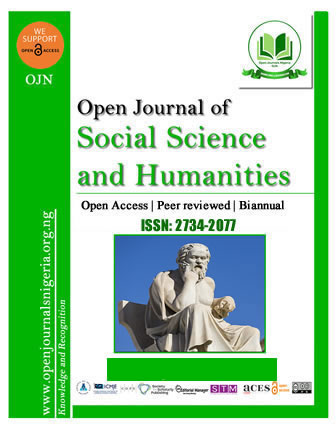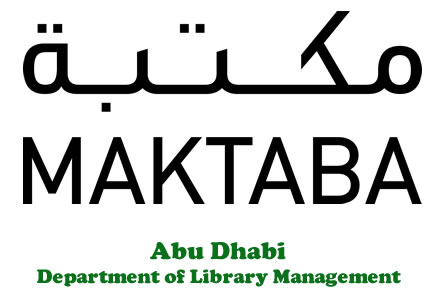YOUTHS AS AN AGENT FOR PEACEBUILDING: A CASE STUDY OF MAIDUGURI, BORNO STATE, NIGERIA
DOI:
https://doi.org/10.52417/ojssh.v2i2.267Keywords:
Youths, peacebuilding, sustainable development, Bokoharam, empowermentAbstract
Young people need to be recognized and supported to play a major role as agents of peace. The society needs to partner with them to form a sine qua non (an essential condition) in promoting the global agenda for youth involvement in sustainable peace. Peacebuilding is broadly defined as an ‘action to identify and support structures which tends to strengthen and solidify peace in order to avoid a relapse into conflict.’ Therefore, peacebuilding is directed towards the eradication of the root causes of violence and is necessarily a multifaceted and multidimensional project that involves political, legal, economic, social, religious and cultural institutions and security practices, which are understood as complementary and mutually reinforcing. This paper examines how the involvement of youths in the peacebuilding process can promote sustainable peace in Maiduguri, Borno State, as a result of the Boko Haram conflict to avoid future occurrences of such conflict. The objective of the study is to explore the role Maiduguri youths can play in building sustainable and long-term peace in Maiduguri, Borno State as a critical stakeholder. The study employs the multidimensional research method also as a peer-review paper, the secondary source of data was used. The finding reveals that youth are critical stakeholders in peacebuilding and should be involved at all stages of the peace process. The study recommends that the Borno State Government should formulate policies and programs that are directed towards youth’s engagement in governance, address unemployment problem etc. since participatory democracy, youth empowerment, and social wellbeing are critical drivers of sustainable development, peace and security.
Published
How to Cite
Issue
Section
Copyright (c) 2021 Abubakar

This work is licensed under a Creative Commons Attribution 4.0 International License.





















